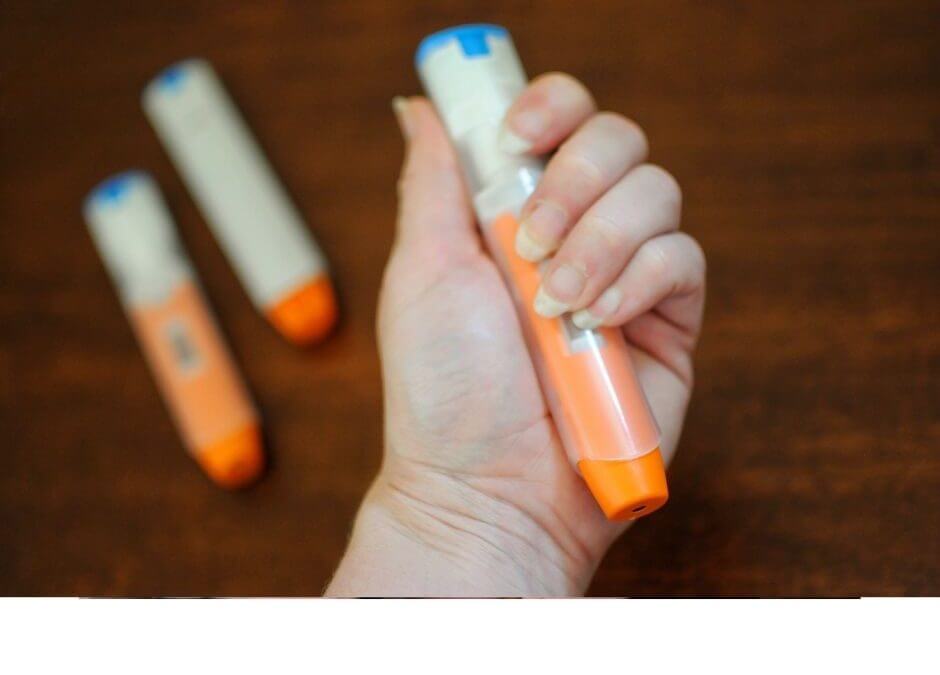At Orange First Aid Training, we recognize the urgency and severity of such situations. Our anaphylaxis training is specifically designed to equip individuals with the necessary skills and knowledge to not only recognize the signs and symptoms of severe allergic reactions but also to manage them effectively and efficiently.
Anaphylaxis isn’t just a singular reaction; it’s a multi-system response involving various parts of the body, such as the skin, respiratory system, gastrointestinal tract, and cardiovascular system. It’s a swift and severe reaction, typically manifesting within 20 minutes to 2 hours after exposure to a triggering agent. Given its rapid escalation, understanding and responding quickly to anaphylactic symptoms is crucial for saving lives.
What Triggers Anaphylaxis?
The primary culprits of anaphylactic reactions are often everyday substances. Foods, insect bites and stings, and certain medications top the list of common triggers. However, it’s important to note that other less common inducers exist, such as latex or exercise-induced anaphylaxis.
The Role of Anaphylaxis Training
Anaphylaxis training is a vital component of first aid education. Whether it’s integrated into a comprehensive first aid course or offered as a standalone program, this training is pivotal. It arms you with the understanding and ability to identify the onset of anaphylactic reactions and to provide the necessary first aid response. This training is not just about knowledge; it’s about empowerment, enabling you to act decisively and confidently in critical situations.
Courses Offering Anaphylaxis Training
At Orange First Aid Training, we offer anaphylaxis training as part of the following courses:
These courses are crafted to ensure you’re well-prepared to handle anaphylactic emergencies, whether in everyday life or in specific care settings.
In summary, anaphylaxis training is an indispensable part of first aid education, crucial for dealing with severe allergic reactions. By participating in our training courses, you gain the confidence and competence to effectively manage these emergencies. Remember, your prompt response can make a significant difference.


